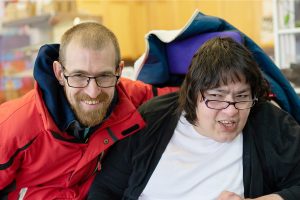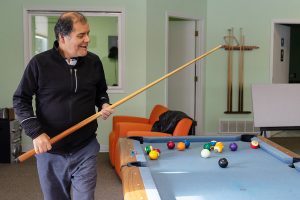Barbara is a lovely woman who was a little nervous at first to meet with us. But once we got talking, her passion and intelligence couldn’t stay hidden for long. Barbara believes strongly that giving people who are struggling a safe space to have positive interactions with others helps them work through issues they’re having.

The reason Barbara is so passionate about people working through these things is because she grew up in the midst of abuse and has been affected by multiple ACEs. The abuse in her childhood led to more abuse in her adult life and led her to an unhealthy view of herself, including debilitatingly low self-esteem. Through a series of marriages and divorces, job changes, and the birth of her children, Barbara realized that she needed some stability, and she wanted to help others who had gone through similar childhood trauma. It became clear that those who had been through trauma tended to have a lot of empathy for others who have been through it as well. But those who hadn’t often weren’t able to understand those who had.
“We look at the world very differently because of our experiences. We think people should be able to pull themselves up by their own bootstraps, and so many in our community don’t know what it means to not have bootstraps.”
Barbara has spoken all over the country to promote awareness of the effects of childhood trauma and to facilitate conversations with people from all different childhood experiences. She believes that by bringing people together through conversation and learning, we can all learn to be compassionate, rather than judgmental. Barbara feels that the most important thing we can do for our children is to instill in them a sense of their own self-worth.
“I’m sharing my story to edify others and show that they’re not alone. If we can get past the stigma of trauma and mental illness, we can support each other better.”
Barbara has found that her positive relationships have had a huge impact on helping her work through her ACEs and discover her own resilience. But she also realizes that sometimes tough love is what we need; we need support, but not enabling. For those struggling with trauma in their past or present, she recommends learning simple, non-medical methods of counteracting it: sleep, exercise, mindfulness, and more. She is also an advocate of therapy and seeking out clinical care when needed. Either way, it takes practice!
“You can start using your resilience muscles any time! Though I wouldn’t wish my past experiences on anyone, they’ve given me the ability to see this need in our community and the ability to work collaboratively to find real solutions.”
Barbara says resilience isn’t just a “shield” that protects us from challenges in life; it’s what allows us to grow through these challenges, to gain wisdom and understanding, and to use those to our own benefit and the benefit of others.
“The more we understand the more compassionate we can be to others, as well as to ourselves.”

 “We look at the world very differently because of our experiences. We think people should be able to pull themselves up by their own bootstraps, and so many in our community don’t know what it means to not have bootstraps.”
“We look at the world very differently because of our experiences. We think people should be able to pull themselves up by their own bootstraps, and so many in our community don’t know what it means to not have bootstraps.”